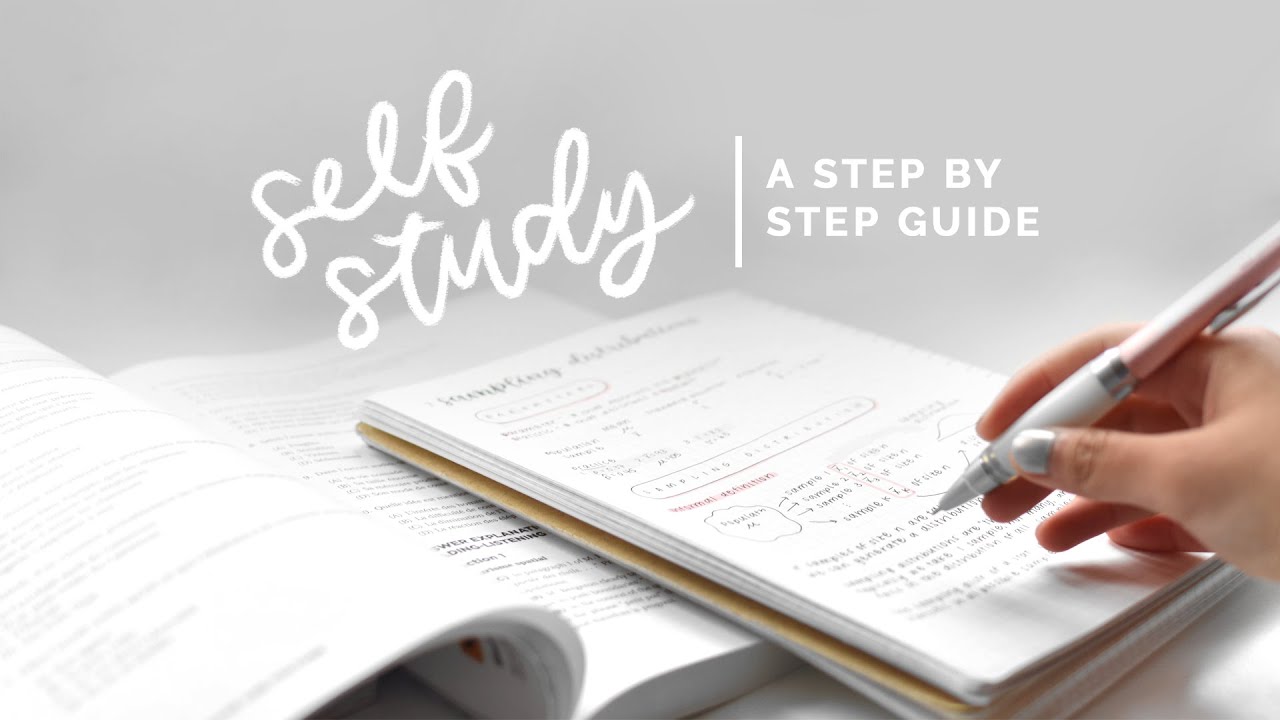How to Study For a Math Test at Broward College
Summary
TLDRThis video script from Broward College offers comprehensive advice on studying for a math test. It emphasizes the importance of consistent practice, self-evaluation, and seeking help when needed. The script introduces a 'read-plan-do' strategy for problem-solving and suggests creating a personal study guide. It also highlights the benefits of practicing problems, reviewing with a test guide, and utilizing campus resources like the math lab. The video encourages a positive mindset, early preparation, and the understanding that making mistakes is part of the learning process, ultimately aiming to reduce test anxiety and improve exam performance.
Takeaways
- 📘 Start studying early for math tests to build a strong foundation.
- 📑 Be thorough and organized in homework and classwork to develop good problem-solving habits.
- 🤔 Self-evaluate and identify areas where you need help to address gaps in understanding.
- 🙋♂️ Seek help when needed, utilizing resources like math labs and professors' office hours.
- 🔍 Read problems carefully, identify keywords, and plan your approach to solving them.
- 📝 Create a personalized study guide that includes formulas, problem-solving steps, and reminders of common mistakes.
- 💪 Practice regularly to strengthen your math skills, similar to physical exercise.
- 📚 Use the provided test review guide thoroughly, practicing multiple times without relying on notes.
- ⏱ Simulate test conditions by timing yourself during practice to manage time effectively.
- 🤝 Study groups or study partners can enhance understanding by explaining concepts to each other.
- 🚫 Avoid cramming; instead, space out your study sessions over several days to improve retention and reduce anxiety.
- 🌟 Maintain a positive mindset and believe in your ability to succeed, which can significantly impact your performance.
Q & A
What is the first step in preparing for a math test according to the transcript?
-The first step is to develop good habits while doing homework and classwork, such as showing all work, not skipping steps, and being neat and organized.
How does the transcript suggest students identify areas they don't understand?
-Students should self-evaluate and be honest with themselves about whether they completely understand a problem or not.
What should a student do if they don't understand a problem after using help prompts in the software?
-They should write down the problem or take a screenshot and bring it to the math lab or ask their professor for help.
What is the 'read plan do' strategy mentioned in the transcript?
-It involves reading the problem completely, finding keywords, planning the steps to solve the problem, and then doing the steps to get the answer.
Why is creating a personal study guide recommended in the transcript?
-A personal study guide helps organize thinking for the exam by consolidating formulas, problem-solving steps, and reminders of commonly forgotten concepts in one place.
How can students strengthen their math skills according to the transcript?
-Students need to practice doing problems, similar to how one would exercise at the gym, to build strength and proficiency in math.
What is the best way to use a test review provided by the professor, as suggested in the transcript?
-Complete the review guide showing all steps, be neat, and attempt the review multiple times without looking at notes or the study guide.
Why is it important to time oneself while doing practice problems, as mentioned in the transcript?
-Timing oneself simulates testing conditions and helps ensure that students do not run out of time on the actual exam day.
What role do study groups or study buddies play in the study process, according to the transcript?
-Study groups or study buddies can help solidify understanding by allowing students to explain problems to each other, which indicates a deeper comprehension of the concept.
How does the transcript advise students to approach exam day?
-Students should get a good night's sleep, eat before the exam, review their study guide, and have a positive mindset going into the exam.
What is the significance of the 'productive struggle' concept in learning math, as discussed in the transcript?
-The 'productive struggle' refers to the process of getting problems wrong before getting them right, which is a normal part of learning and improvement in math.
Outlines

Этот раздел доступен только подписчикам платных тарифов. Пожалуйста, перейдите на платный тариф для доступа.
Перейти на платный тарифMindmap

Этот раздел доступен только подписчикам платных тарифов. Пожалуйста, перейдите на платный тариф для доступа.
Перейти на платный тарифKeywords

Этот раздел доступен только подписчикам платных тарифов. Пожалуйста, перейдите на платный тариф для доступа.
Перейти на платный тарифHighlights

Этот раздел доступен только подписчикам платных тарифов. Пожалуйста, перейдите на платный тариф для доступа.
Перейти на платный тарифTranscripts

Этот раздел доступен только подписчикам платных тарифов. Пожалуйста, перейдите на платный тариф для доступа.
Перейти на платный тарифПосмотреть больше похожих видео

Best Books and Youtube Channel for First-Year Engineering | First-Year Study Plan for 2024

Best Course Sequence For Math Majors

I use PowerPoint to edit all* videos (and hit 100k subs!)

Filling in Gaps in Math Knowledge

how to self study 📚 a step by step guide

How I Improved my SAT Score From 1370 to 1550 in 12 DAYS??
5.0 / 5 (0 votes)
